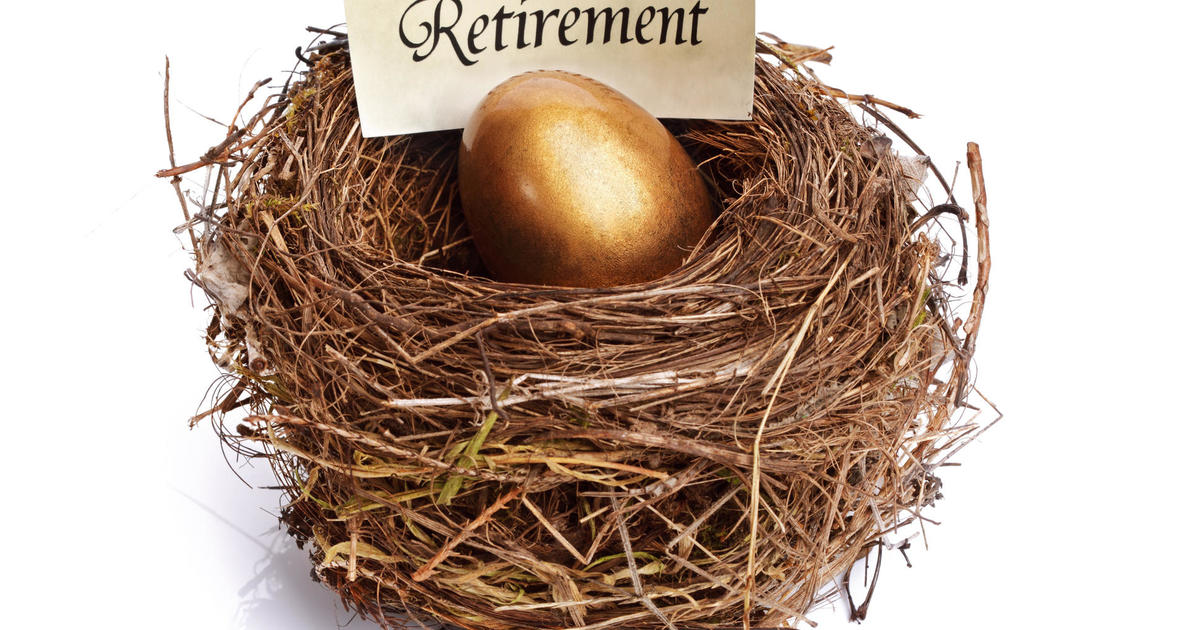Most U.S. workers say their pay isn't keeping up with inflation
Most U.S. workers say they are struggling to cover everyday expenses as stubbornly high inflation gobbles up pay gains, a new survey shows.
Even as wage growth rose to its highest in years during the pandemic, employees say their earnings aren't keeping pace with the highest inflation in decades. Indeed, 55% said their incomes have not kept pace with rising costs of everyday goods and services, according to Bankrate. That includes half of those Americans who received pay increases.
"It's symptomatic of a high-inflation environment. The labor market has been very strong, the pace of wage growth is the best it's been in about 20 years, but inflation is at the highest in 40 years," Greg McBride, chief financial analyst for Bankrate, told CBS MoneyWatch. "So a lot of households are seeing pay raises that in normal times would look good but, but instead they are being swamped by higher expenses."
Just under half of employed Americans said they got pay increases over the past 12 months, but those wage and salary hikes have not been large enough to cover increased household costs.
The 39% of workers who told Bankrate they hadn't received raises are having an even harder time keeping up with the rising cost of groceries and other goods.
"Inflation is impacting everybody. Those who didn't see a pay raise have seen even further squeezing of their buying power," McBride said.
Only a third of working Americans reported that their income has kept up with or exceeded the increase in household expenses due to inflation. The survey was conducted by market research firm YouGov.com. which polled roughly 2,500 adults between August 17 and August 19.
Across the U.S., consumer prices in August shot up 8.3% from a year ago, labor data revealed on Tuesday, with costs continuing to rise for food, shelter and health care. That figure edged down from 8.5% the previous month, but was higher than economists had expected.
Stunted purchasing power
Not surprisingly, surging prices have hit lower-paid workers especially hard. The federal minimum wage of $7.25 buys less today than it has at any point over the past 66 years, an analysis from the left-leaning Economic Policy Institute shows. The current value of the minimum wage in real dollars is at its lowest level since February 1956, when the lowest U.S. wage was 75 cents — the equivalent of $7.19 in June 2022 dollars.
Performance-based increases are the most common type of raise workers have received of late, according to Bankrate, followed by cost-of-living increases. Promotions, or raises for taking on new responsibilities, were the least common.
"Cost-of-living raises are the exception, rather than the rule," McBride said.
With many Americans cutting their spending and taking on second jobs to cope with increased costs, employers plan to offer workers an average annual raise of 4% next year, according to a separate survey from Salary.com, a provider of compensation software and analytics. That's roughly in line with the median pay bump employees got in 2022.
"Inflation is impacting everybody. Businesses are facing higher costs, too, so their ability to increase pay for workers is dependent upon their ability to grow revenue at a faster pace than expenses," McBride said. "The economy is slowing, and particularly for smaller businesses times are tight and getting tighter."




